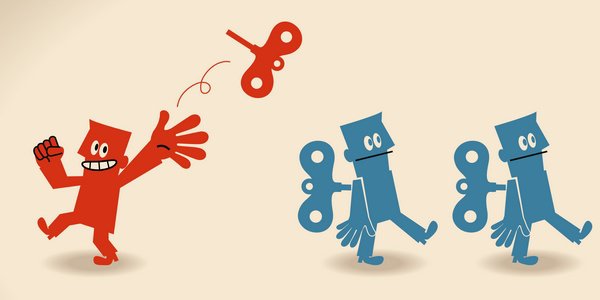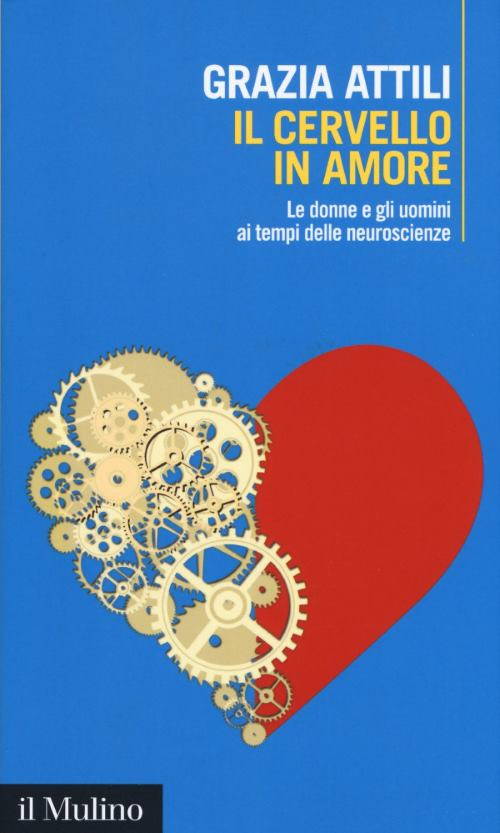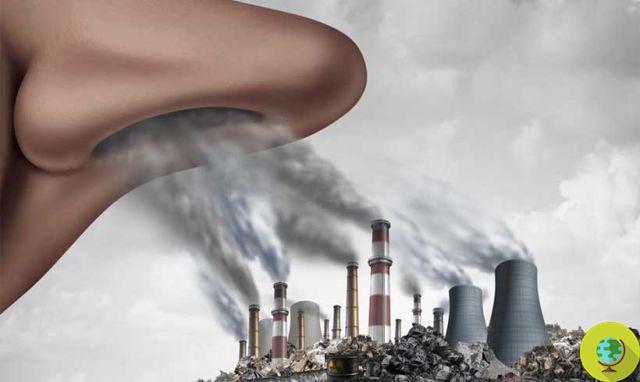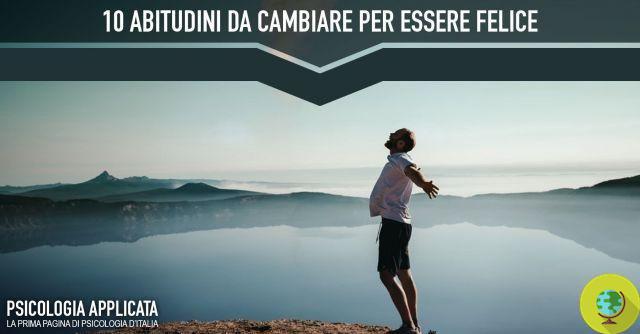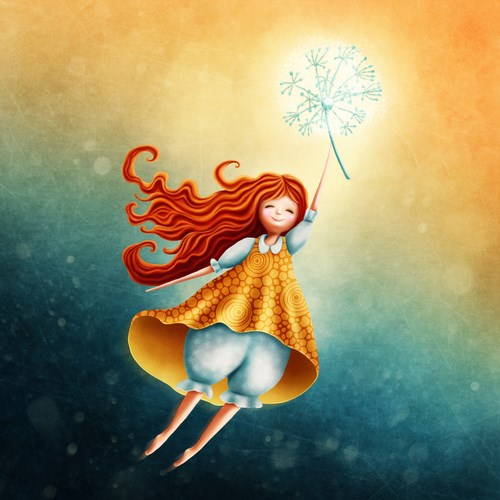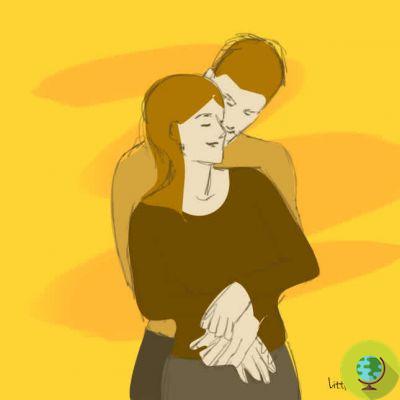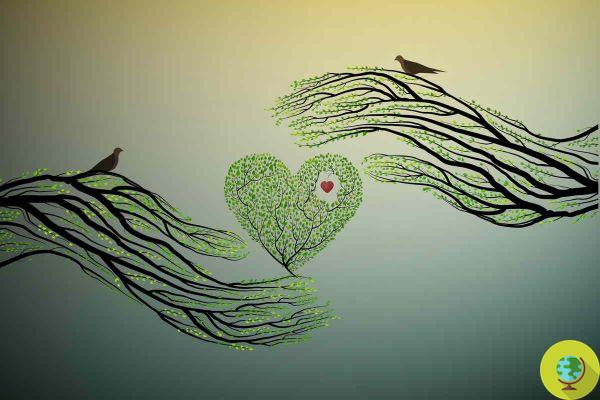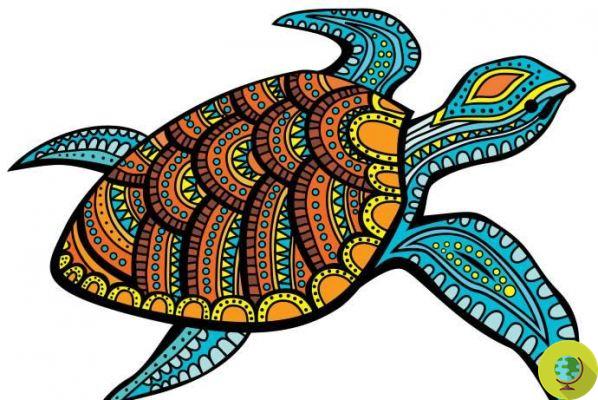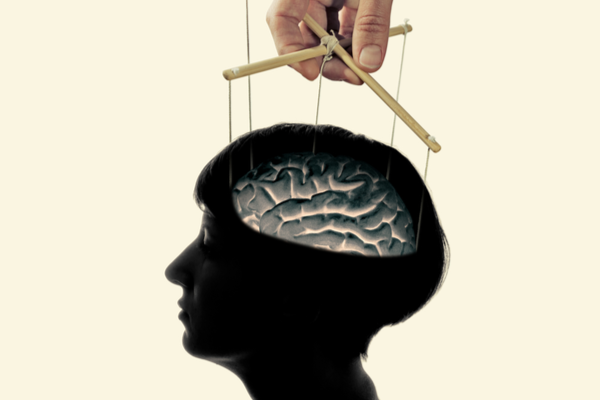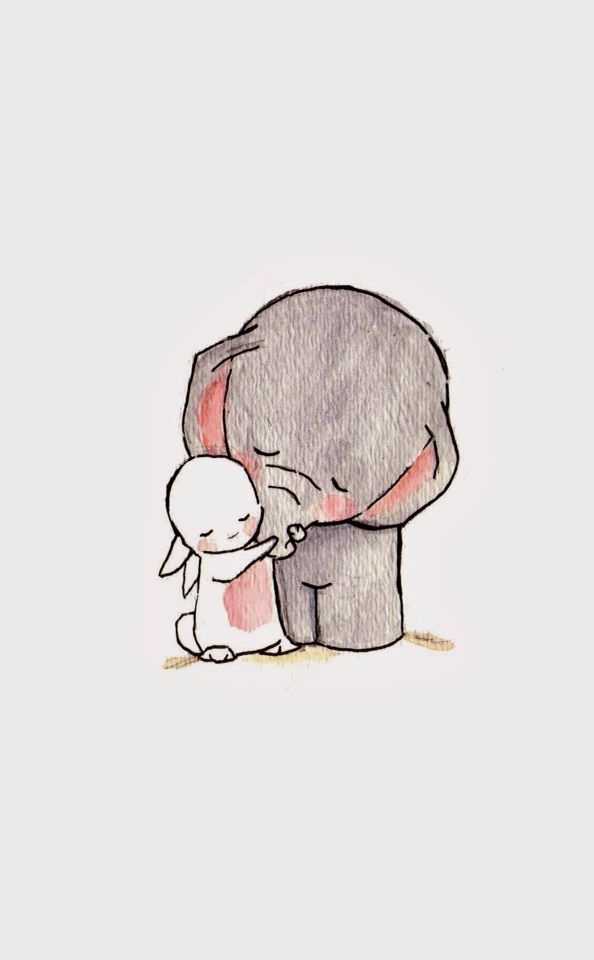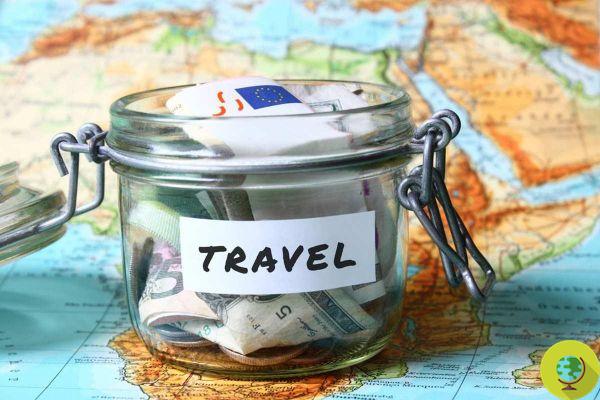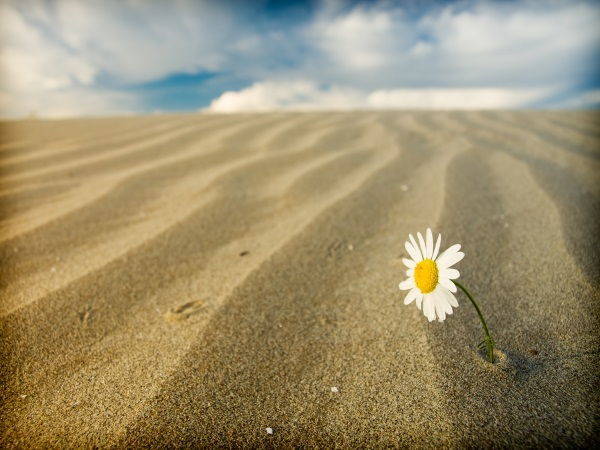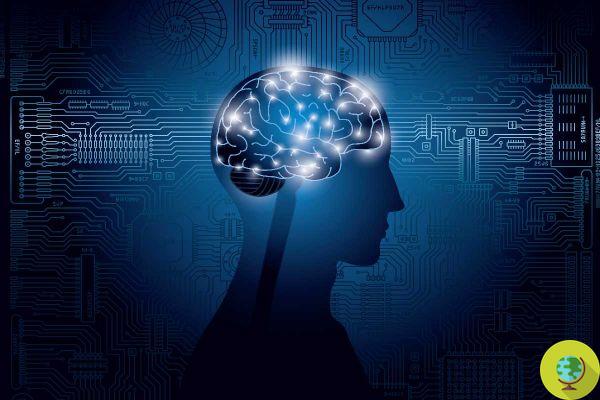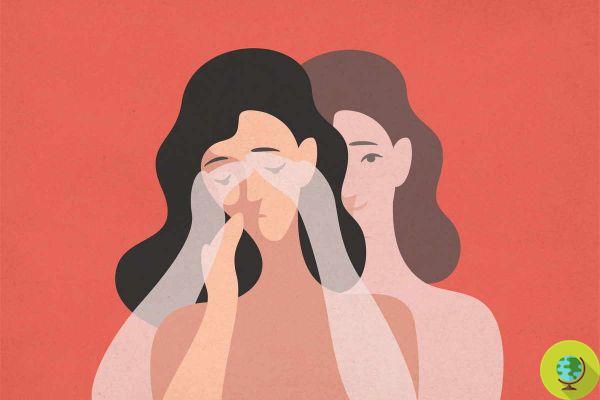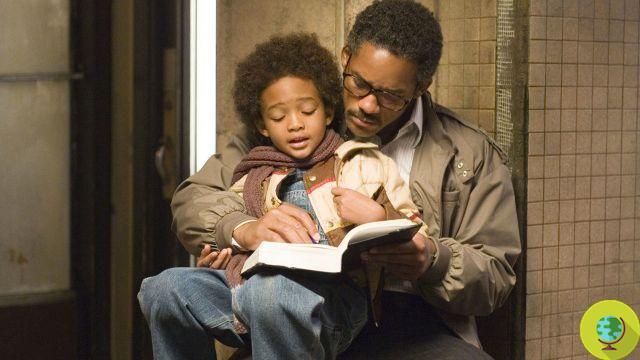
Happiness can be hedonistic, eudamonic; always requires our conscious co-construction approach. And, to be fulfilled, it cannot be the real goal of our life.
Don't store avocado like this: it's dangerous"Tell me, father, what happiness is," he sang Antoine in 1967, with a text by no means trivial. Today the Positive Psychology recognizes two strands of "happiness": that hedonistic, linked to positive emotions and the pleasure that comes from satisfying one's desires, and another, "eudemonic ”which broadens the semantic definition of happiness to feel part of something bigger than us, to a path of individual development - to rediscover one's authentic human nature - which is integrated and realized in the social space.
What are the aspects that determine our happiness?
Le positive emotions they are useful, they are not at all to be thrown away: apart from pleasantness, they help us build new resources, strengthen our adaptive strategies, act as a support cushion in times of difficulty. But that's not all. We are happy when we have good interpersonal relationships, when we feel competent and with a good level of autonomy, when we move with safety in our environment; when we are "involved", as if we were almost one thing, in what we do. We are happy in the here and now, when we manage to be totally in the present.
There's a another level of happiness, perhaps less obvious: and that's what we hear when we can give meaning, a purpose to our life; this means, of course, have goals to reach but - above all - to act, to put oneself in some way at the service of something that is considered greater than oneself: one or more values that go beyond the personal satisfaction of small everyday things, pleasure and emotions, and permeate life, become a continuous stimulus, the true and profound intrinsic motivation that sustains and guides. It makes sense. Even when you go through difficult times, even when it is not pleasant at all.
There are no "magic formulas". Dario Kennel, psychologist and teacher of shamanism, in his book "Avrah ka dabra, I create my happiness" (Editions The Age of Aquarius), emphasizes the importance of take responsibility for your own existence, working on oneself, looking at every event - good or bad - in one's life as an opportunity. Without never take anything for granted, not even the little things ("when you are at the supermarket to buy vegetables, consider the value of the convenience of choosing them and placing them on the trolley, without having to occupy yourself with their cultivation for months. Let a heartfelt" thank you vegetables! " your heart. When you eat it consider that it is its life that allows you to live. What a gift! "), in a vision that is neither romantic nor naive, simply aware. Recognizing and honoring the implicit truths: "Happiness is looking at the glass and seeing the truth of that glass: that one part is full, another is empty, understanding what can be done between the two situations and accepting it - he declared in a 'interview Mo Gawdat, of Google -. Happiness does not depend on what the world gives you but on your expectations, on what you think the world gives you or must give you “.
The central point of our happiness, therefore, is not happiness. We are. Like the cat in the story told - in the video below - by Claudio Tomaello, storytellers of the soul, we are truly happy only when we manage to make our, authentic, road.
About happiness you might also be interested in:
- The jar of happiness
- The pyramid of happiness
- Foods that make you happy
Anna Maria Cebrelli




